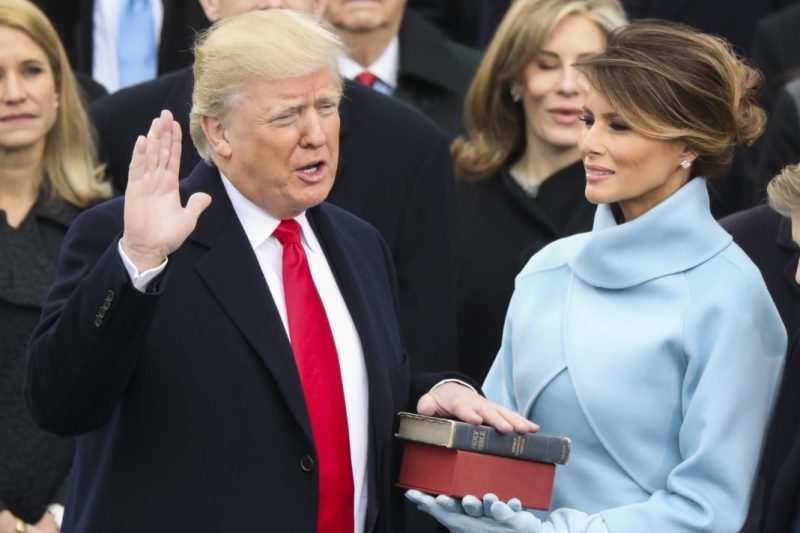
The prevailing notion that past behavior serves as the most reliable predictor of future actions has led a significant number of observers to interpret Donald Trump’s imminent Republican nomination for the presidency as a foreseeable event, presupposing a replication of his previous term’s demeanor. The common sentiment is that Trump will once again assume the role of a somewhat inept figure, ostensibly supervised by more seasoned individuals within the political realm.
However, this perspective tends to overlook a critical aspect of contemporary autocratic leaders. Namely, their most alarming actions often come to fruition during their second term in office. The notable divergence with Trump lies not in his commitment to preserving democracy but rather in his unabashed communication of authoritarian intentions. Figures such as Hungary’s Viktor Orbán or Poland’s JarosławKaczyński concealed their autocratic ambitions, in contrast to Trump, who openly disclosed his plans in advance. In the event of his re-election, Trump appears ready to assert a mandate for retribution and secure an enduring presence in the White House.
In stark contrast to the prevailing belief in the 1990s that democracies learn from their mistakes, the reality appears to be different. Autocrats like Orbán and Kaczyński harbored resentment following electoral defeats and strategically targeted state institutions upon regaining power. Trump, too, seems to have internalized this lesson, as evidenced by plans to replace thousands of civil servants with political loyalists and establish control over the justice department.
Authoritarian populists, including Trump, frequently seize control of the bureaucracy by presenting themselves as champions of “the real people.” The narrative posits that the state rightfully belongs to the people, and populists claim to be restoring it to its rightful owners. Trump’s inauguration speech echoed this sentiment, promising to transfer power from Washington back to the people—a promise left unfulfilled, purportedly due to the existence of a deep state. This time around, there is a concerted effort to counteract such hindrances preemptively.
The fact that even mainstream conservative entities like the Heritage Foundation are actively devising plans to dismantle the US administrative state underscores the broad acceptance of Trump’s agenda within the Republican ranks. Trump’s speeches, laden with threats against perceived enemies, resonate deeply within the party, with the president of the Heritage Foundation praising Hungary as a model for conservative governance.
Unlike other aspiring autocrats who concealed their intentions, Trump openly declares his agenda. He explicitly warns of annihilating the deep state or being destroyed by it. Judges, journalists, and anyone perceived as disloyal in the context of the 2020 election are explicitly targeted, with Trump promising revenge and destruction if he secures victory—framing it as the democratic will of his exclusive base.

